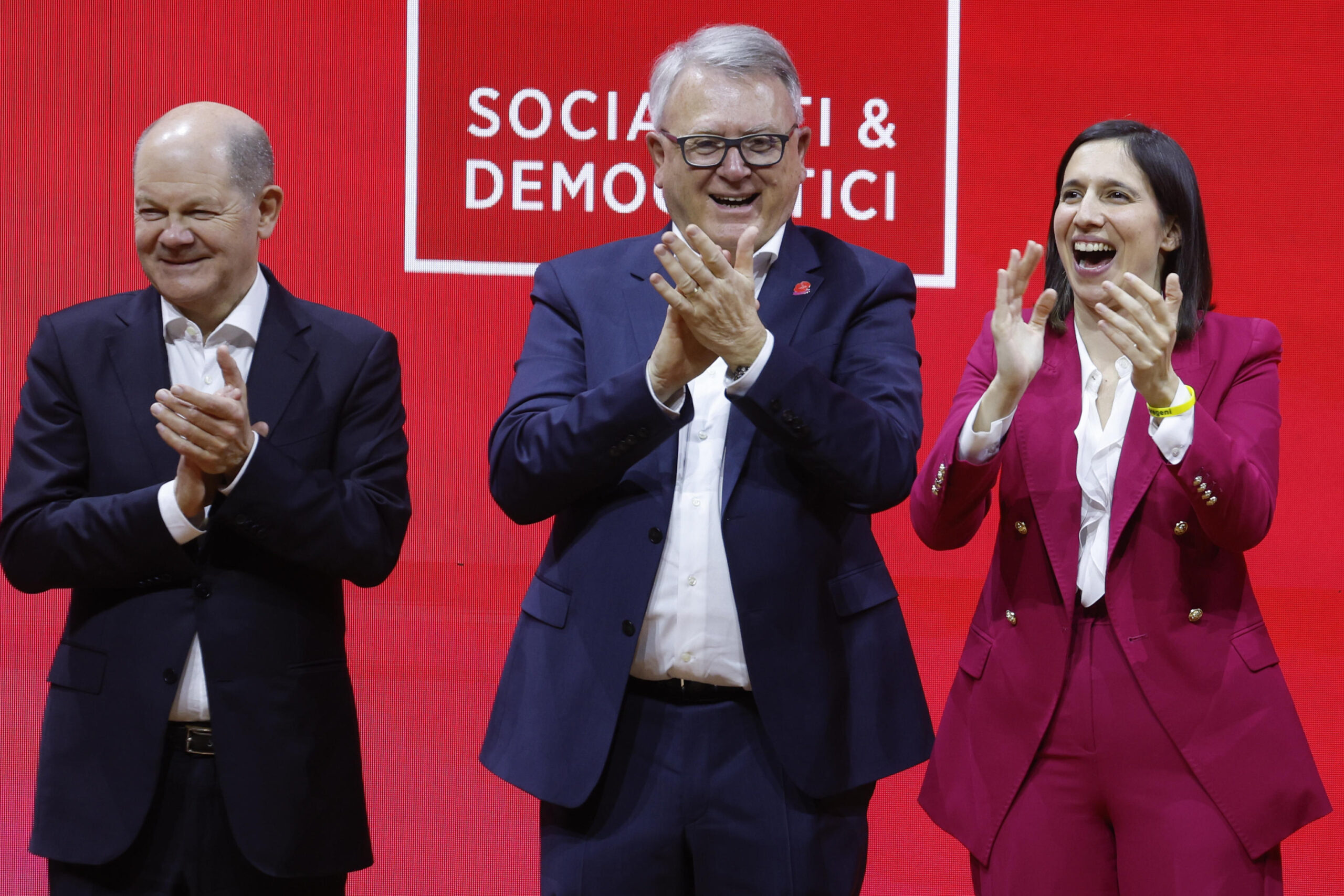There is no crisis of the left which has not been echoed in the performance of the European Socialist Party and its list in the European Parliament, under the name of S&D, Progressive Alliance of Socialists and Democrats. With only one element, if not good, at least rosy: the decline in support has stopped, at least according to the polls, and the S&D should remain the second group in Strasbourg.
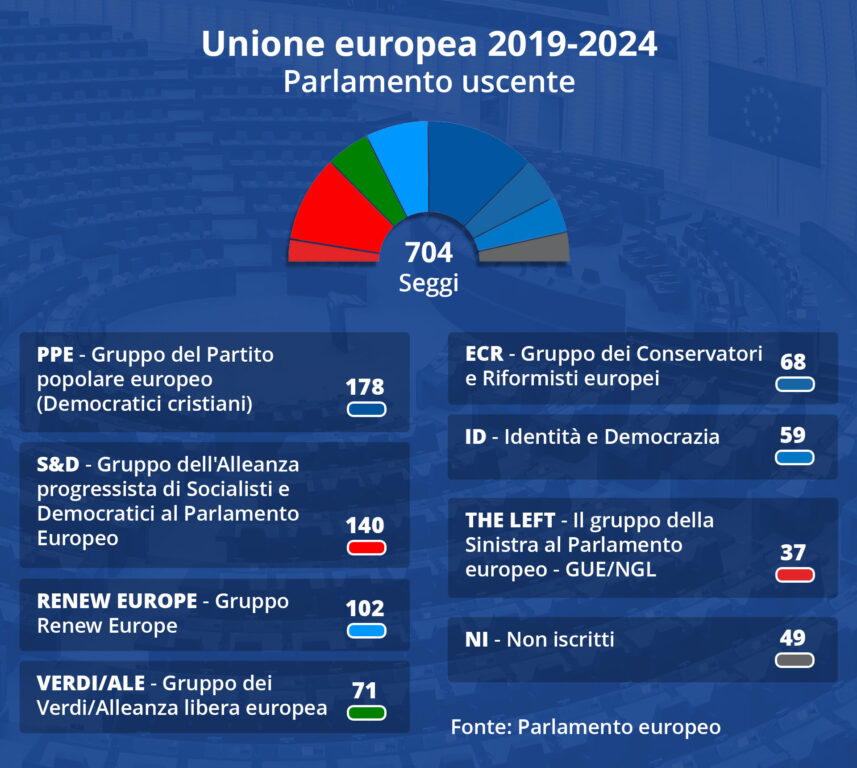
The history of the party which brings together European socialist and social democratic parties parallels that of socialism on the continent: the PES was born in 1953 at the time of the first form of European assembly, that linked to the Czech Republic. (coal and steel) economic community) and was the first party in the 1979 elections. Until 1989, it had around a third of those elected. The collapse of socialism in the Soviet Union obviously had an impact on the PES but the crisis did not arrive in 1989, in fact it was the year of the peak: the seats won were 198 out of 518. Instead of that, the 1994 elections were a real sign of crisis, when they collected 214 out of 626 (the same year that marked in Italy the birth and triumph of Forza Italia). The last shock that hit the group is very recent. The exclusion of Slovak parliamentarians and Prime Minister Robert Fico, the consequence of a break which certainly made less noise than that of the People's Party with Orban, but which nevertheless speaks of a relationship which is not yet resolved with the countries that entered the EU from 2004, and the connection of some of them with Russia.
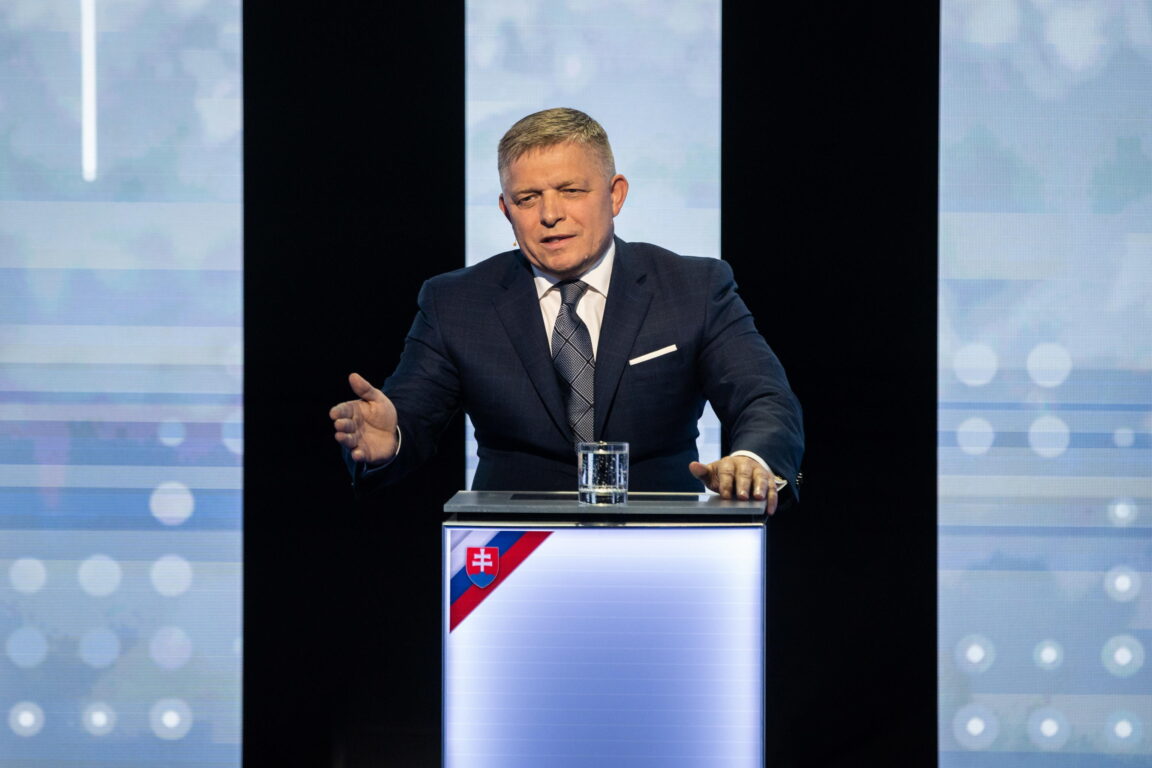
Who are the “Socialists and Democrats” and in what battles did they play a role?
The name of the parliamentary group, Progressive Alliance of Socialists and Democrats, already tells us that the life of this group is not simple (and the Italians have something to do with it): it is called that and not PSE because in 2009, by By joining the group, the Democratic Party made it a condition that the name does not correspond to that of the Party which still sings the International at its congresses. Then, in 2014, the Democratic Party joined the PES, but last year, when it was proposed to also change the group's name, an outcry erupted in Italy. And the case was archived.
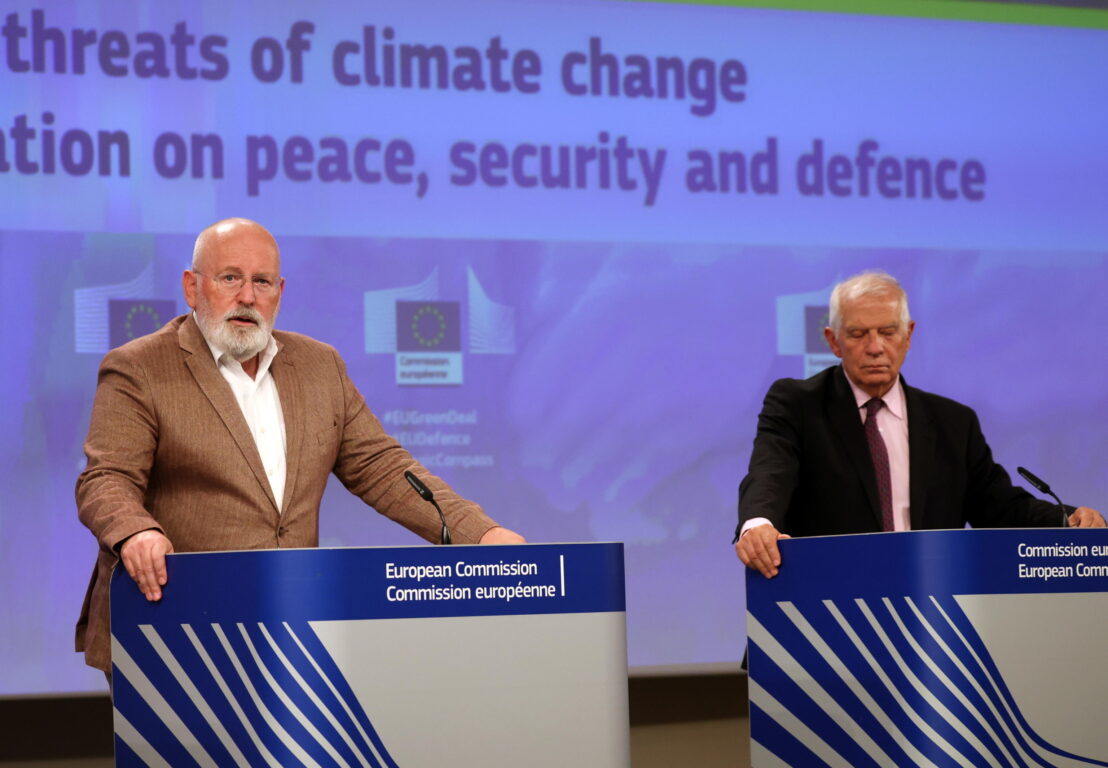
At the moment, the most prominent name in the PES among the European institutions is probably that of the High Representative for Foreign Policy Josep Borrell, who until last year was supported by Frans Timmermans for almost the entire duration of his term as vice-president. of the European Commission. If today the PES appears as a formation perpetually in difficulty and in search of strong leaders, certainly in the first phase of the Union, throughout the 80s and 90s, great personalities of this formation had an impact decisive on Europe as we know: President François Mitterrand and German Chancellor Gérard Schroeder (whose relations with Russia still create serious embarrassment today) were among the most notable personalities of this phase. During this last legislature, from 2019 to today, European socialists have managed to influence numerous measures. The Sure fund, which made it possible to manage the employment emergency linked to the pandemic, as well as the recovery plan and part of the Green deal agenda are the result of pressure from European socialists, in Parliament and beyond. “The welfare state is the true vocation of Europe and its centrality is due to European socialists,” the director of Foreign Affairs of the Democratic Party, Giuseppe Provenzano, explains to Open. Looking at the battles fought from 2019 onwards, some say the socialists made a bad strategy in tackling environmental issues that belong to another political culture. PSOE MP Javi Lopez was rapporteur for the air quality measure, which includes new European limits. He explains to Open that, in his opinion, it is now impossible to distinguish between social and environmental commitment.
Where does the PES govern?
At the European Council, the presence of members of the Party of European Socialists (PES) is currently limited to four representatives, including one suspended due to populist and pro-Putin positions.
- German Chancellor Olaf Scholz,
- Spanish Prime Minister Pedro Sánchez,
- Danish Prime Minister Mette Frederiksen,
- Maltese Prime Minister Robert Abela.
Furthermore, European socialists are represented in two governments:
- In Slovenia, Tanja Fajon is Deputy Prime Minister
- In Belgium, the socialists support the government of Van Der Croo, also with Deputy Prime Minister Frank Vandenbroucke (the elections will take place at the same time as the European elections).
Political problems and doubts about Spanish leaders
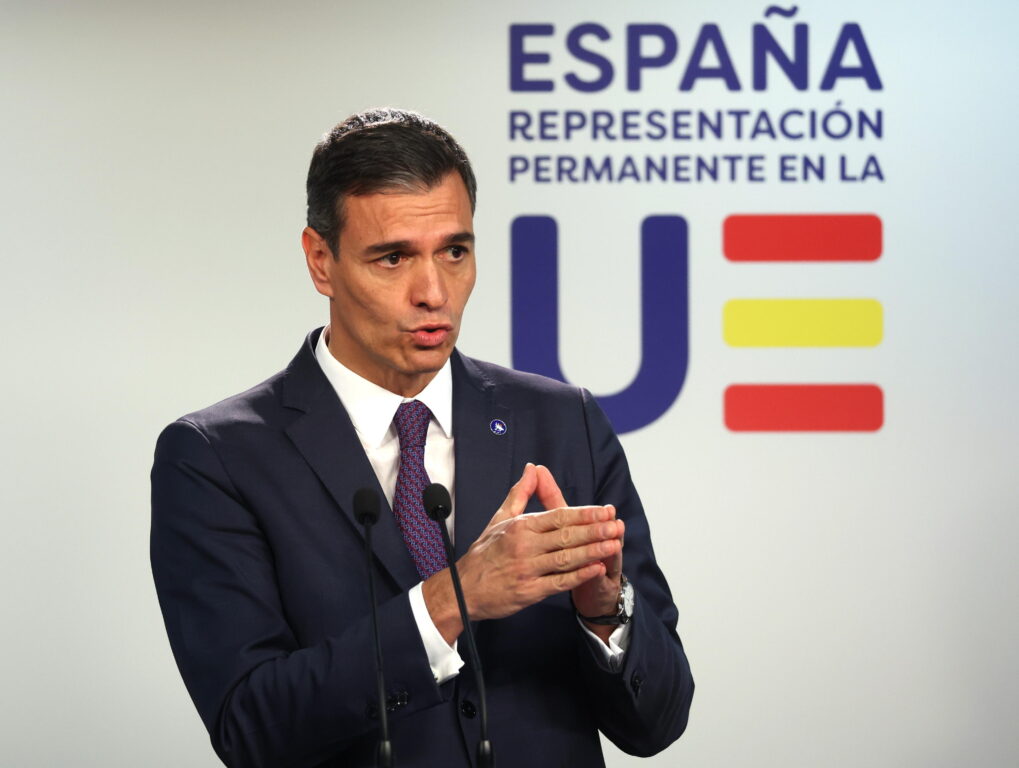
The PES, despite its prestigious names and its vocation to remain the second largest European political group, has for a long time had little impact on the Union's major choices. Or if so, not through clear leadership figures. At the moment, the most represented group is the Spanish group – and we will see if the legal upheavals of recent days will have an impact on the result in June – but its leadership is not appreciated in the same way by all. The main element of tension dates back to 2019. According to some, Pedro Sánchez, Spanish socialist leader, would have preferred to negotiate the appointment of the Spaniard Josep Borrell to the post of high representative for foreign policy, rather than pursuing the candidacy of the socialist Frans Timmermans to the presidency. presidency of the Commission. This decision, while guaranteeing a leading role for a Spanish representative, caused tensions within the PES. The negotiation went as far as the role of presidency of the European Parliament, which David Sassoli only obtained following a real split within the group.
Javi Lopez rejects this reconstruction. However, he claims that the PSOE delegation actually has its own strength, different from that of the other S&D members: “We are able to play as a team and we are very united, but it is not true that at the At that time we did not fight to have Timmermans as president. According to Lopez, the PES's impact problem is linked to the fact that it has few representatives in the European Council, which does not allow it to exert sufficient influence on decisive areas. A problem that will arise even after the elections, especially if the right continues to grow.
The weight of the Germans and the fear of the conservatives
The other country which has a strong component within the PES is obviously Germany. Whether Ursula von der Leyen is confirmed as Commission president or not, the SPD is not sure of being the party that will nominate the German member of the European Commission, given the significant weight of the German People's Party. At the PES congress in Rome, the Luxembourger Nicolas Schmit, today commissioner for labor and social rights, was chosen as spitzenkandidaten but it is a name which has very little chance of passing. National and international balances intersect here with political choices. Who could support a second term for von der Leyen? What would happen if European conservatives led by Giorgia Meloni also supported the president? For the Spanish socialists, Lopez explains, an agreement including the ECR is impossible because the far-right party Vox is also part of this organization: “It's a political group that I know very well, it would destroy the European Union” , he explains. said. According to the head of foreign affairs of the Democratic Party, Giuseppe Provenzano, all the conditions are met at this stage to think about another president of the European Commission: “Ursula von der Leyen has weakened a lot, not only in our eyes but also in the world. in the eyes of the Liberals and his own party. I would like to point out that she was indeed elected as a spitzenkandidat, but at the congress in Bucharest the division was evident.”
News from France
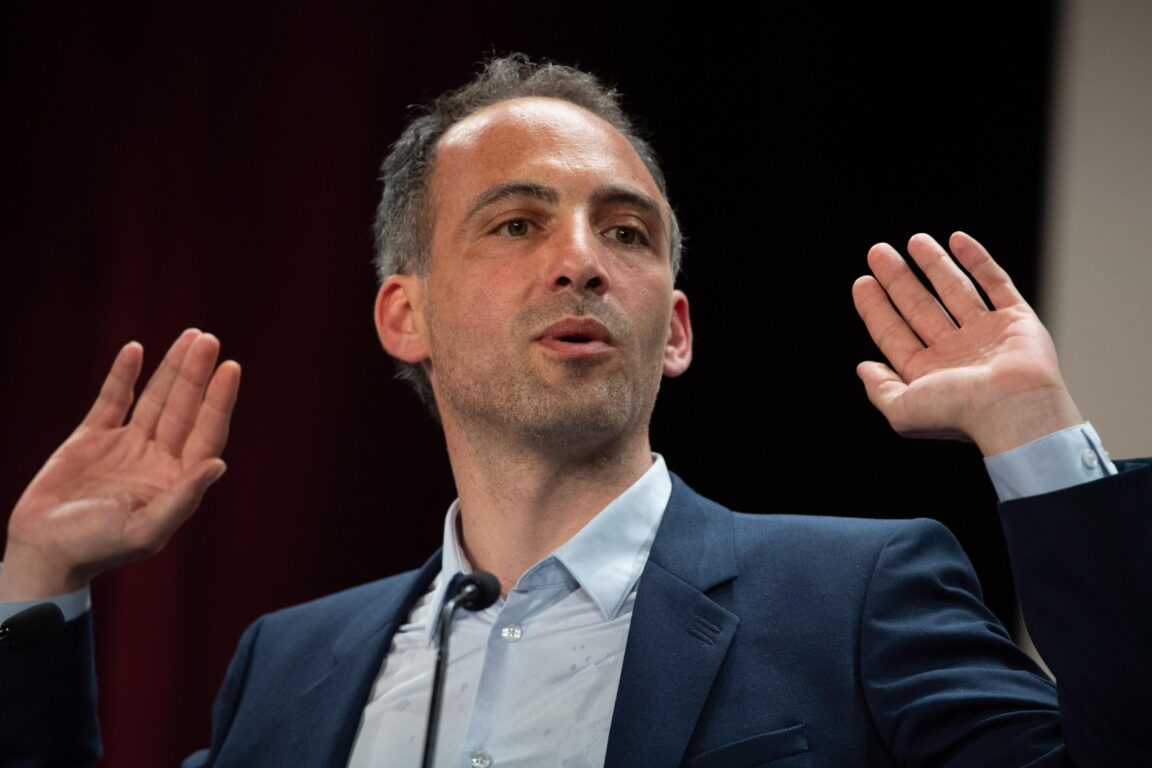
One country where socialists could make an impact again could be France. After the devastating crisis of a few years ago – do you remember Ségolène Royal, candidate for president in 2007 and not supported by her partner François Hollande, who subsequently became president? – and the birth of Emmanuel Macron's La République en Marche, French socialists are plunged into a long crisis which could perhaps now be at a turning point. The essayist Raphaël Glucksmann, an S&D MEP, has already forged an alliance with the French socialists, urging them to break with Jean Luc Mélanchon on the question of support for Ukraine and is now teasing Macron by accusing him of being weak and for not doing enough for kyiv. . Its presence is perhaps something new for the entire PES.
